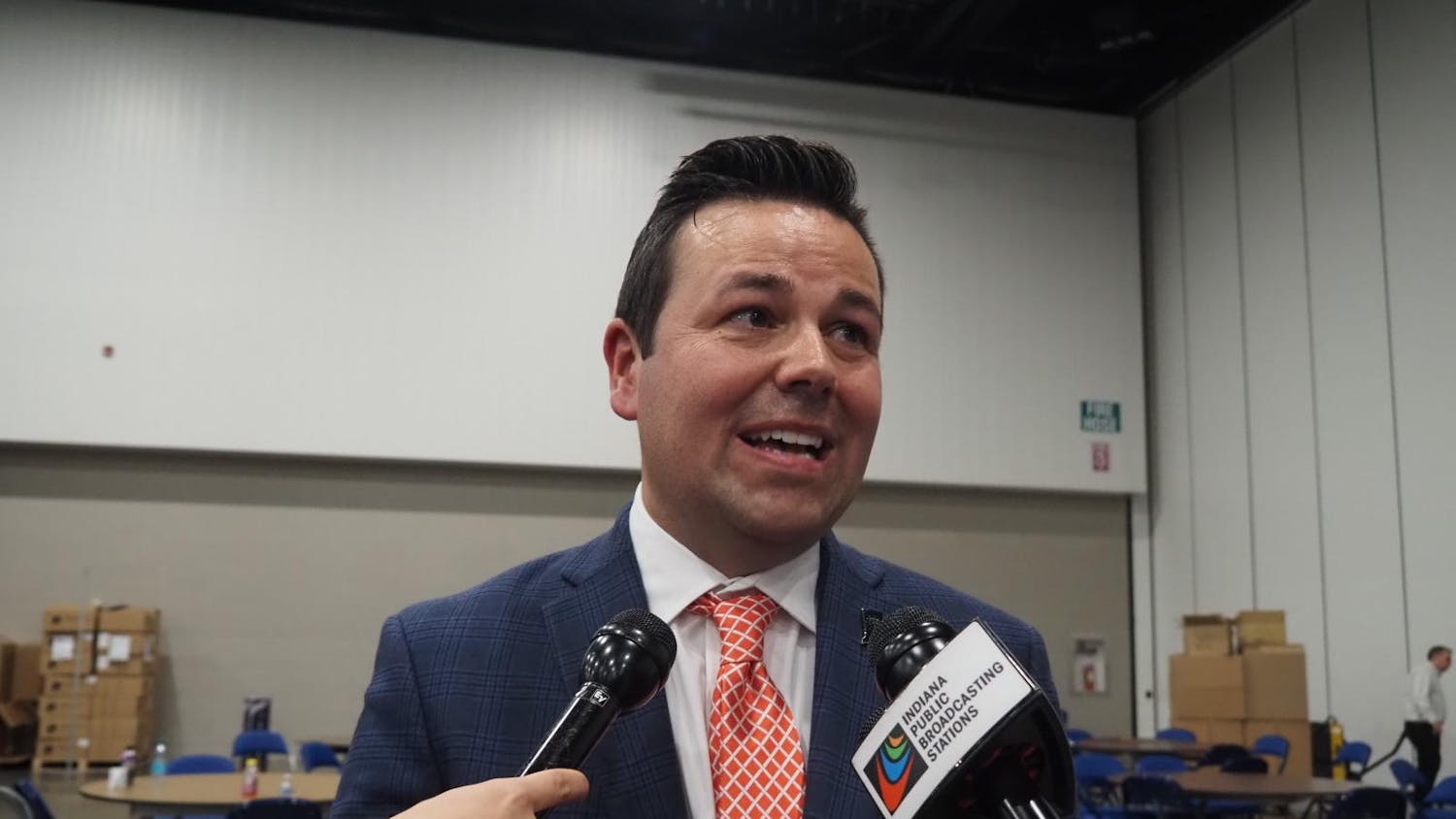In early November, the Indiana Memorial Union was host to a conference titled “State-Building in the Contemporary Islamic World: U.S. Intervention in Iraq and Afghanistan,” where diplomats, scholars and activists gathered to discuss the bleak future of democracy in those countries over tea and coffee cake.
Among the guests were Feisal Amin Rasoul al-Istrabadi, Ambassador to Iraq, and Dr. Sima Samar, Chairman for the Afghanistan Independent Human Rights Commission. I sat quietly in the corner and watched as the world’s leading authorities on the region bum-rushed the notion that establishing a successful, legitimate democratic state was currently possible in either country.
That day, I felt sorry for the concept of “imposed democracy.” It just lay there, flopping around helplessly as it got manhandled by the experts.
Needless to say, most of them were in agreement that the outlook for the U.S. in Afghanistan is gloomy at best. It was dispiriting, like going to a wedding where everybody in attendance is convinced that the bride and groom will be divorced by the end of the year.
What was I going to do, shake the nation’s foremost decisionmakers by the tie and demand they call the whole thing off? Feeling powerless, I left the conference seriously questioning the value of having that kind of knowledge of international current affairs.
But alas, like an idiot, I still read the newspapers.
I wasn’t so surprised last Saturday to find that Congressman David Obey, a Wisconsin Democrat and Chairman of the House Appropriations Committee, had recently compared the War in Afghanistan to Vietnam. What a novel metaphor, sir. Good job.
To further draw attention to his own powerlessness to end the war, Obey announced his plan to propose a “war surtax.” Despite his justified frustrations with the cost of our involvement in Afghanistan, his initiative doesn’t stand a chance of being passed.
President Barack Obama has already tackled the Afghanistan-Vietnam parallel once. In his address on the first of this month, he said the connection was “based upon a false reading of history,” citing our numerous allies in the war in Afghanistan and the differences in the nature of our enemies.
And Obama is right: The situation now is not exactly the same as the one we faced forty years ago.
But, I must say, I’m fairly certain that even a middle school history class could identify the subtle similarities between these quagmires.
The President has already dealt with the slightly unfair accusation that this is “Mr. Obama’s War,” and now he and his cabinet are going to have to bat away Obey’s uneasiness regarding funding for the most recent troop commitment.
There seems to be a consensus among scholars, politicians and the general public that our involvement in Afghanistan is now costing us more than it was worth. The sad thing, though, is our inability to fix the problem.
Obey, I congratulate you for making such a futile attempt to address this issue. Still, whether or not anyone likes it, American troops are going to be in Afghanistan for another 18 months.
But hey, give ’em hell with that “war surtax” stuff.
Congress complains in vain
Get stories like this in your inbox
Subscribe





